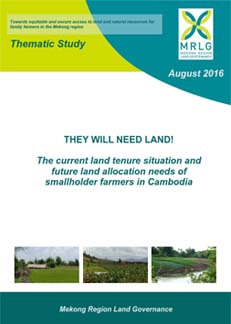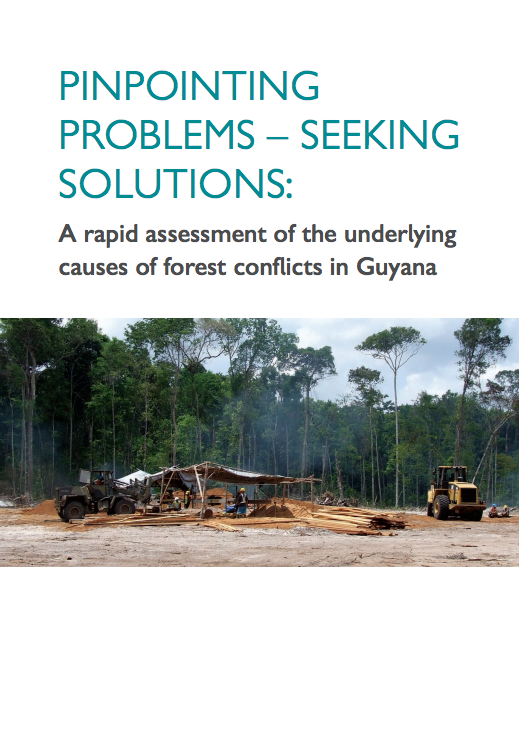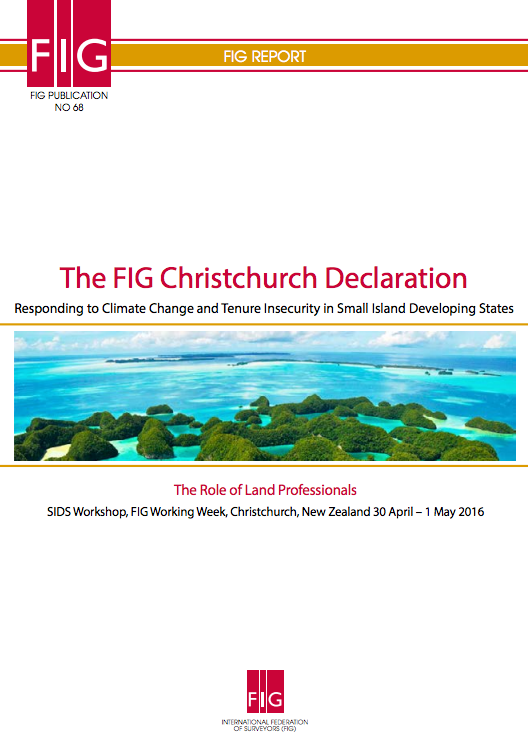They Will Need Land
In Cambodia, the majority of the population is still composed of smallholder family farmers. 54% of the total labour force is employed in agriculture. They have access to 3.6 million ha of land, representing 19% of the country’s total land. The rest is divided between large scale economic land concessions (12%), public forests and protected areas, unclassified areas and some infrastructure.









